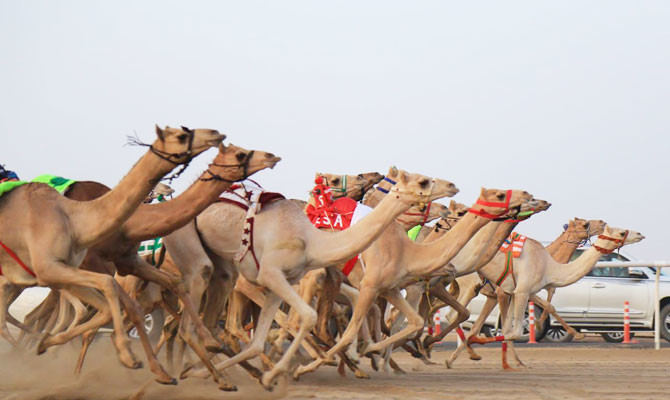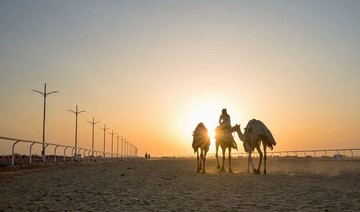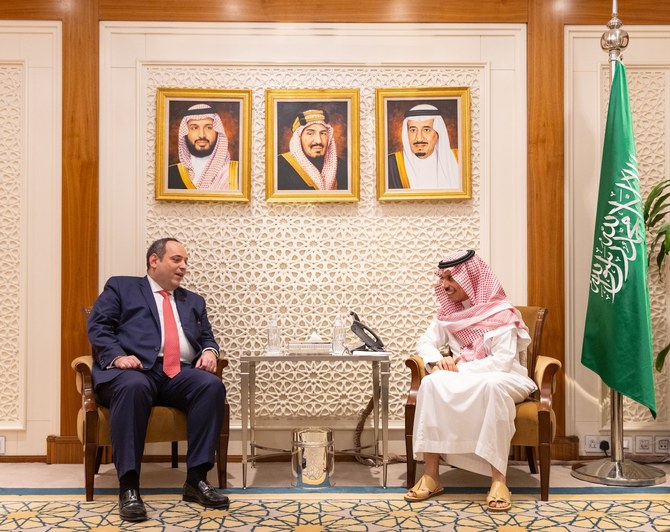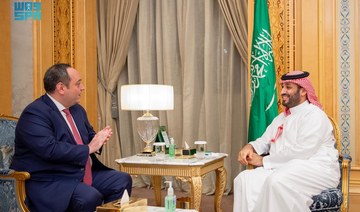JEDDAH: The camel, or “ship of the desert,” is known for its strength, endurance and ability to cross more than 100 miles of desert without water. Camels have traditionally been an important feature of life in the Arabian Gulf countries.
Now Saudi Arabia has added a new camel festival to its diary, the Crown Prince Camel Festival in Taif, under the patronage of Prince Mohammed bin Salman, where thousands of camels will compete in the hope of winning millions in prize money for special breeds, good looks and speed.
For more than 30 days in August and September, business leaders, politicians and camel enthusiasts flock to one of the Middle East’s largest displays of the finest camels in Saudi Arabia and the world. They compete in more than 700 racing rounds and beauty competitions, putting the festival firmly on top of the annual fixtures to celebrate Saudi culture, sport and the value of the camel. Early inhabitants of the Arabian desert relied on camels for milk, meat, leather, transport and also during battle due to their
agility and speed: Camels can reach up to 40 miles an hour in short sprints. A camel can also run at 20 miles an hour for more than an hour without rest.
Photogallery: Taif Camel Festival
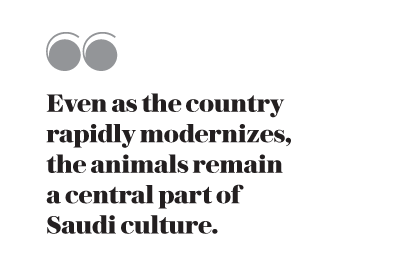 Camels today are still celebrated in Saudi Arabia for their beauty, grace and speed. Even as the country rapidly modernizes, the animals remain a central part of Saudi culture, and a lucrative one, with camel prices reaching hundreds of thousands of dollars and even breaking the $1 million mark.
Camels today are still celebrated in Saudi Arabia for their beauty, grace and speed. Even as the country rapidly modernizes, the animals remain a central part of Saudi culture, and a lucrative one, with camel prices reaching hundreds of thousands of dollars and even breaking the $1 million mark.
At the Crown Prince Camel Festival 2018, racing began on Aug. 11, with the camel categories Mafarid, Haqqa, Laqaya, Jatha’a, Thanaya, Heil, Zamoul and Soudaniyat all classifying camels according to age, sex, and range of distances covered.
Photogallery: The Saudi Crown Prince Camel Festival celebrates the region’s most popular export
The festival has three phases. The first phase ended on Aug. 27 and the second phase starts today and continues until Sept. 7. The festival then pauses until Sept. 15, when the final stages begin and continue until Sept. 27. The key races take place on weekends and include two sets of warm-up rounds, with 308 rounds of racing in part one and 178 in part two. In addition there will be two marathon rounds, 20 production rounds and 178 closing-in rounds. Local and international camel owners compete for total prize money of SR45 million ($12 million) at the event. The festival will also feature sports, cultural and entertainment activities alongside educational workshops for camel owners and visitors interested in camel sports.












